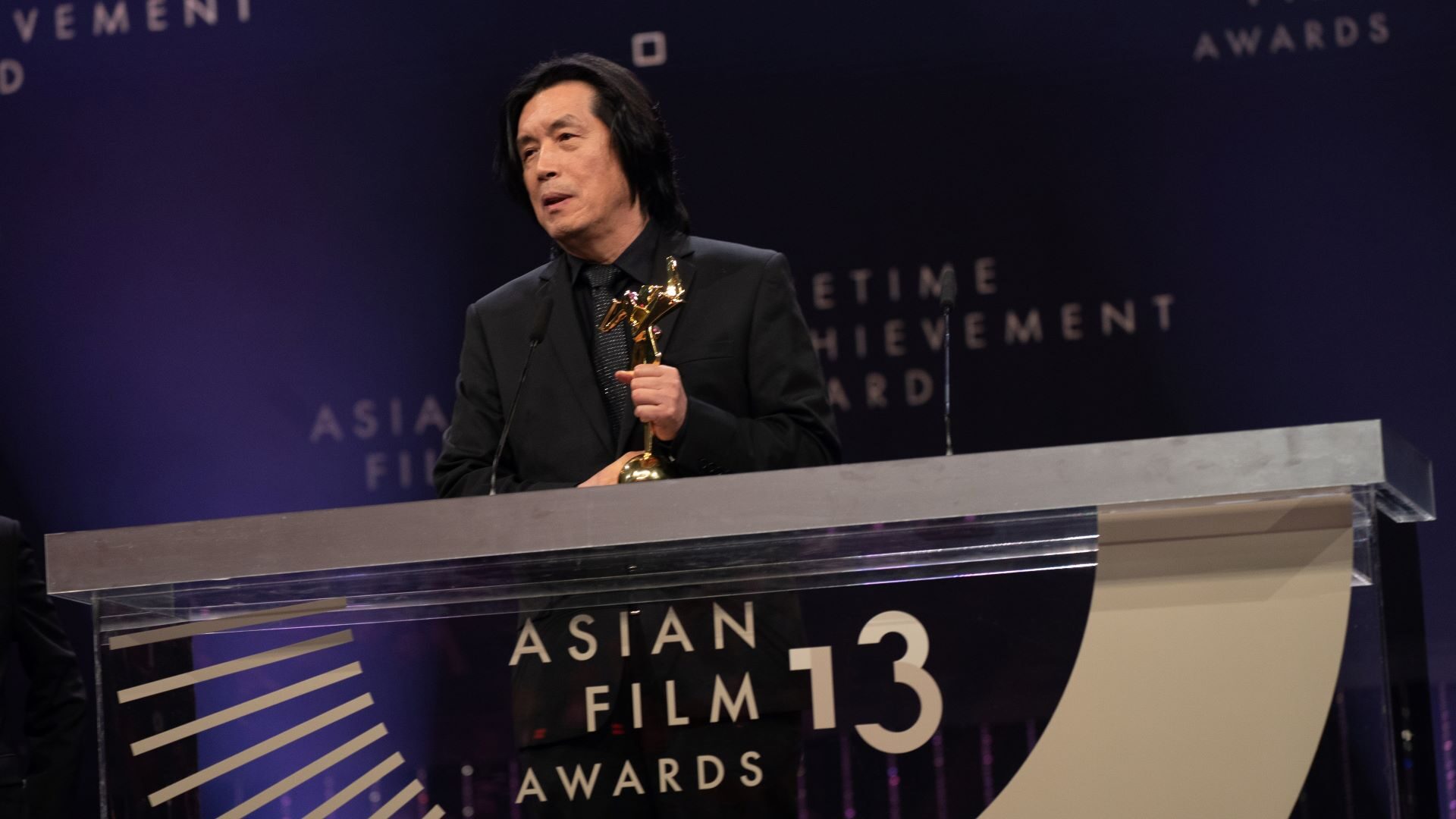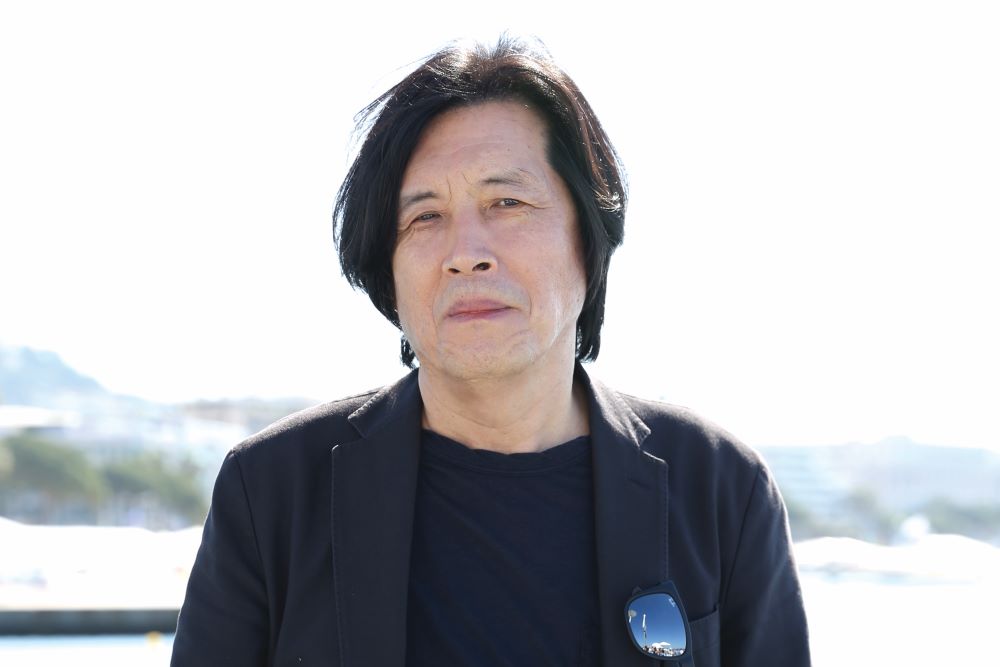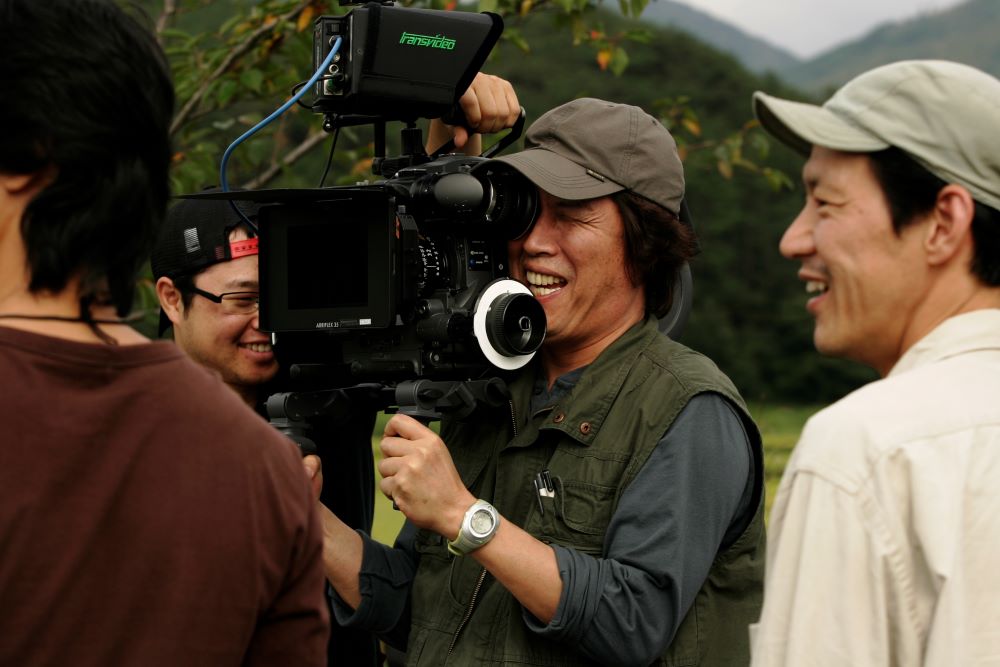
이창동
공로상
LEE Chang-dong began his career in stage productions in his 20s and later became a novelist. He made his debut as a feature film director with Green Fish (1997), a unique Korean film noir that also explored traditional genre conventions. He followed up his stunning debut with Peppermint Candy (1999), a film that experimented with traditional storytelling by employing a reverse chronology, and Oasis (2002), which used a stripped-down neorealism style to tell an unlikely tale of true love. The latter two films solidified LEE as one of Korea’s most acclaimed filmmakers, earning accolades both at home and abroad. Oasis, in particular, earned LEE and lead actress MOON So-ri the Silver Lion for Best Direction and the Marcello Mastroianni Award, respectively, at the Venice Film Festival. In 2002, LEE served as South Korea’s Minister of Culture and Tourism. After leaving the position, he directed Secret Sunshine (2007), which won Best Film, Best Director and Best Actress at the 2008 Asian Film Awards. The drama also earned JEON Do-yeon the Best Actress award at the 60th Cannes Film Festival. LEE’s fifth film, Poetry (2010), earned LEE both the Best Director and Best Screenplay awards at the 5th Asian Film Awards, in addition to many awards from around the world. Last year, LEE returned to directing with Burning (2018), which won the FIPRESCI prize at the 71st Cannes Film Festival and is nominated in eight categories at this year’s Asian Film Awards.
Interview
Congratulations on your Lifetime Achievement Award. What does it mean to you?
A lifetime achievement award is very burdensome for me. I ask myself whether I deserve this award. I ask myself what I have achieved, and how valuable it is to the audience and filmmakers. I still have a long way to go and a lot of work to do. I see this award as a sign that I should work harder.
What are essential qualities that a new director should have?
I want young directors to feel that they are special. It is necessary for a director to feel that he or she is one of a kind. Become a special director first, though no one knows if a special director will become a great director or not. What makes a great director? I don’t know. I think only great directors can answer that question.


After years of filmmaking, what does cinema mean to you now?
For me, cinema is a means of communicating with people. I think the director is a person who communicates with the audience through film. I think of myself as a storyteller who makes film. I want to find interesting, meaningful stories and tell them to the audience through film. The subject of a story reveals itself when one is drawn to the story. I don’t go looking for a story with a pre-set theme, but if my films seem to have a recurring theme, it’s probably because I think about it a lot in my life. I did not set out to make films about social issues; I just ask questions about our lives and the world in which we live.
You used to write your scripts on your own until recently, why?
I’ve been searching for my films’ stories on my own. It can be both good and bad to film one’s own script. While there is the advantage that the director understands the script better than anyone else, the director may also become confined in his or her own thoughts and images. After Poetry, I decided to collaborate with another screenwriter for the first time and Burning is the result. [Co-writer] OH Jung-mi made me feel what I couldn’t feel, and she saw what I couldn’t see. I don’t think I could have made Burning if I had stuck to writing scripts alone.
What do you think is the importance of film restoration?
I did a digital restoration of Peppermint Candy last year. Advances in digital technology allow for restoration to replicate the original intended image as closely as possible, and it can even improve colour or brightness. The importance of digital restoration is indescribable. Not only does it prevent the damage of countless films, it also revives films that exist only in warehouses or in fading memories; it gives them the chance to meet today’s audience.
Is there any film you wish to see restored?
The film I’d like to see restored the most is LEE Man-hee’s Manchu (Late Autumn). The film’s print isn’t in South Korea at the moment, but rather in North Korea. I want to restore films whose prints can only be found in North Korea. It’s a project that many Korean filmmakers have been waiting for.
As the former Minister of Culture and Tourism, can you tell us about the South Korean Government’s effort in film restoration?
Since 2007, the Korean Film Archive (KOFA) has restored about 60 films under the government-supported digital restoration project. KOFA initially outsourced these projects, but it has since been able to do the restoration in-house since the opening of the new Archive Centre in 2016. It aims to restore about 30 films a year in the future.
Do you have any plans to make films outside Korea?
I’ve received offers from Hollywood, but I haven’t found a project that I’m sure I can do well or that I think is worth doing. I don’t think American, non-Asian and Asian films have characteristics that are easily distinguished. Also, Asian and Korean films cannot easily be boxed into a single category. Even within the category of Asian films, there are plenty of films that are not so different from Hollywood films in many ways.
Audience from around the world understand your films with the assistance of subtitles. Do you think your vision are lost or compromised in the process of translation?
The speed of speaking is different from the speed of an audience member reading the subtitles, so it’s normal that the dialogue is omitted and shortened in subtitle form. In this regard, misinterpretation of subtitles is inevitable. I did not check how much the Chinese subtitles differ from the English subtitles in Poetry, but I can imagine that the translation is quite difficult, especially since there are poems in the dialogue. Anyway, subtitling tends to be overlooked in post-production. In fact, subtitles are much more important than we think, given that Korean films have consistently garnered attention and love from film lovers around the world over the past 20 years. Subtitles have a decisive effect on how foreign audiences understand films.
Please tell us more about filming the dance of Great Hunger in Burning
I want actors to not express the emotion of the character, but to rather live in the film as a person. This belief applied to Burning. The scene in which Hae-mi did the Great Hunger dance in the sunset particularly required freedom and improvisation. I wasn’t just worried about the movement of the actress, but also the movement of the camera behind her. The actress practiced pantomime and the Great Hunger dance of the Bush people. During filming, I let her move as freely as she could according to her emotions, and the camera followed her movement without missing the sunset.
